|
|
|
|
Nau mai haere mai and welcome to this week’s newsletter.
Well, did anyone see that coming? In retrospect, maybe. National’s new leader Todd Muller had a baptism by fire, forced to defend the largely indefensible actions of his own party in aiding and abetting the leaking of confidential personal medical details, and in the process becoming tarred with the same brush. In the end, it broke him. Massey University’s professor of politics Richard Shaw puts Muller’s predicament in the context of a wider, toxic political culture and asks: “What is it about the way we do this most human of activities that can cause someone this level of distress? What price do we expect people who put themselves forward for public
office to pay? Is our politics broken?”
In all the political sound and fury it was easy to miss other fascinating news - such as the debate about genetic evidence of Native American ancestry in several Polynesian populations. The theory of how this might have happened is intriguing - anyone raised on the books of Norwegian explorer Thor Heyerdahl (as I was) knows the possibility that ancient South Americans sailed to Polynesia is a story of mystery, romance and adventure. But is it true? University of Otago researchers Lisa Matisoo-Smith and Anna Gosling examine the evidence and conclude, probably not - although there is still much to be learned about what contact there might have
been.
Back in the here and now, the threatened closure of the Tiwai Point aluminium smelter is just the latest chapter in an ongoing economic hostage saga, according to Geoff Bertram from Te Herenga Waka-Victoria University of Wellington, who goes on to argue that the government has much better options now than once again rolling over and paying the ransom.
There is plenty more to enjoy in this newsletter and on The Conversation’s New Zealand page, so happy reading and thanks again for all your support.
|
Finlay Macdonald
New Zealand Editor: Politics, Business + Arts
|

|
|
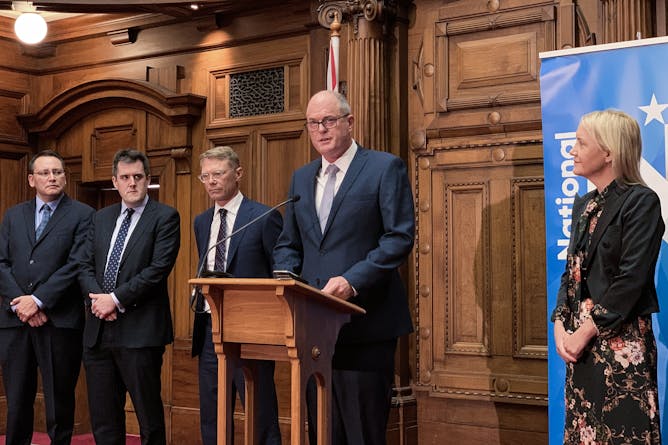
Todd Muller (speaking) and deputy Nikki Kaye meet the media after winning the National Party leadership on May 22 2020.
AAP
Richard Shaw, Massey University
This morning the National Party's new leader of just 53 days, Todd Muller, shocked everyone by resigning his position – ten weeks before facing off against Jacinda Ardern in the NZ election.
|
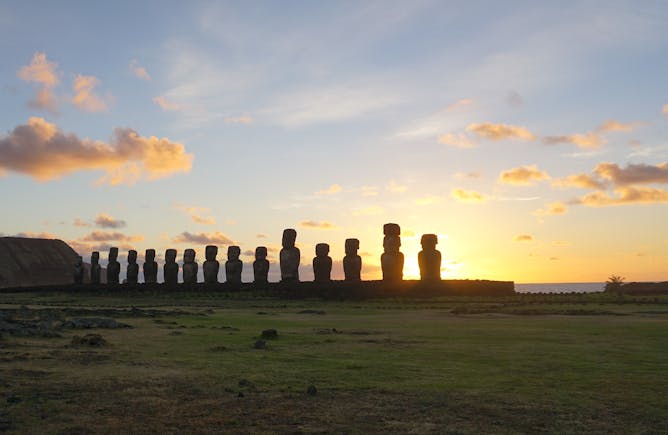
Andres Moreno-Estrada
Lisa Matisoo-Smith, University of Otago; Anna Gosling, University of Otago
New research claiming indigenous Americans traveled to Polynesia is sensational, but the science is flawed and ignores other evidence.
|
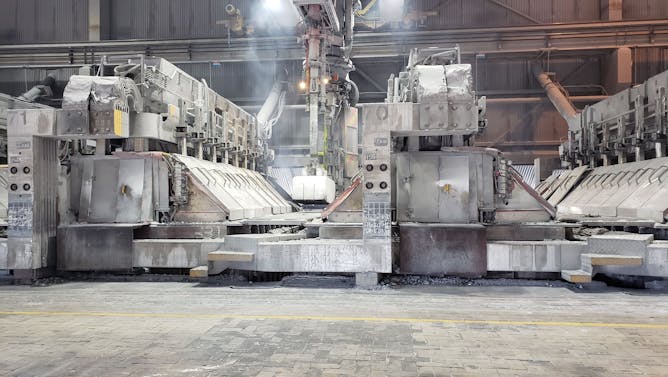
Marc Daalder
Geoff Bertram, Te Herenga Waka — Victoria University of Wellington
There many possible outcomes from the closure of the smelter – just don't expect lower electricity prices to be one of them.
|
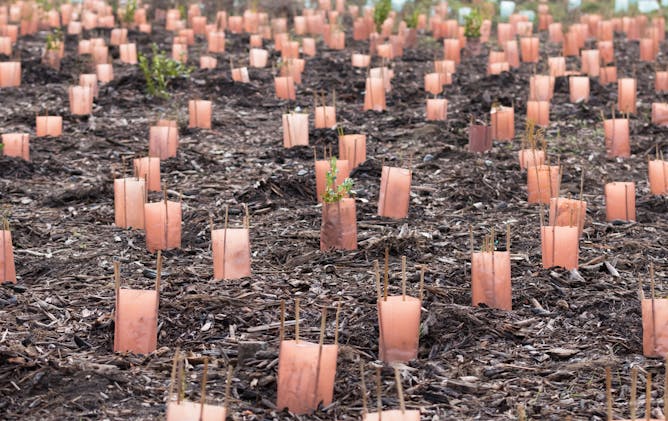
Kira Volkov/Shutterstock
Sebastian Leuzinger, Auckland University of Technology
If agricultural land was used to grow crops, it would limit methane emissions from livestock, but not store a substantial amount of carbon. Growing trees is what makes the difference.
|
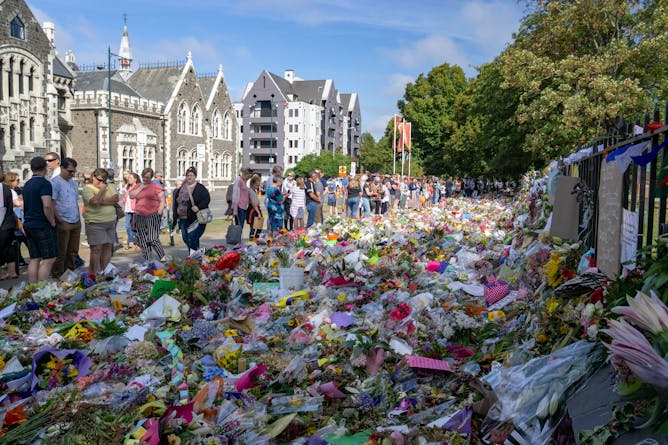
Shutterstock
Kris Gledhill, Auckland University of Technology
The law is on the judge's side when it comes to fears the Christchurch killer will use his sentencing hearing to grandstand.
|
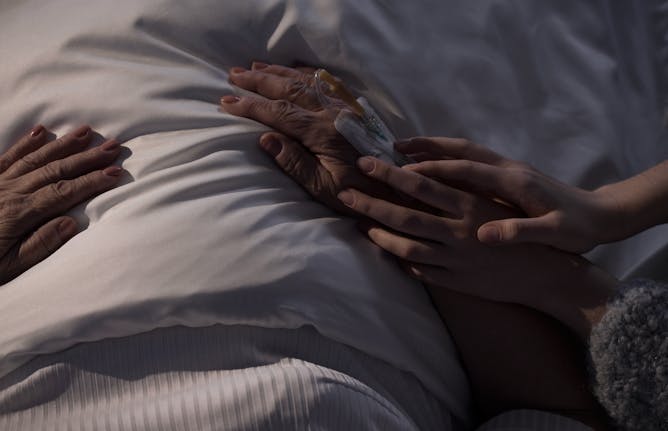
Photographee.eu/Shutterstock
Rhona Winnington, Auckland University of Technology
Assisted dying is often cast as an issue of individual autonomy, but an assisted death can have repercussions on many people — those left behind or others struggling with a chronic disease.
|
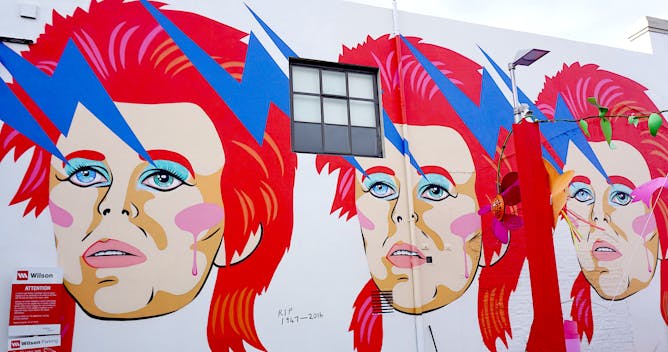
Xoë Hall
Mike Dickison, Massey University; Bruce White, Massey University
Would you photograph paintings in an art gallery to make a set of postcards? If this scenario give you an ethical twinge, you should feel the same when photographing street art.
|
From our international sections
|
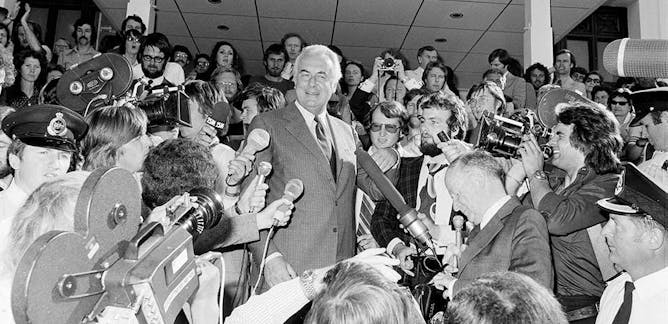
Jenny Hocking, Monash University
After a long court battle, Australians are finally about to learn more about one of the most pivotal episodes in our political and constitutional history.
| |
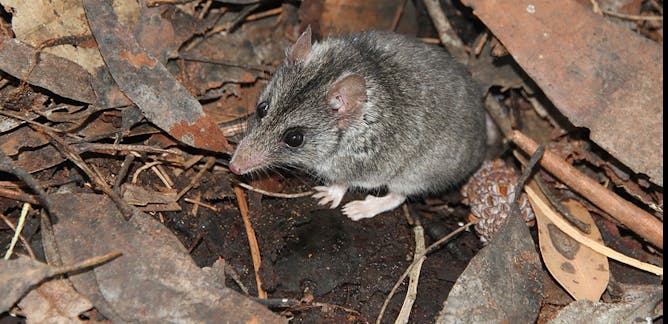
Rosemary Hohnen, Charles Darwin University; Sarah Legge, Australian National University
The Kangaroo Island dunnart was listed as critically endangered before fires ripped through 95% of its habitat. Those that survived the fires now face the threat of feral cats.
|
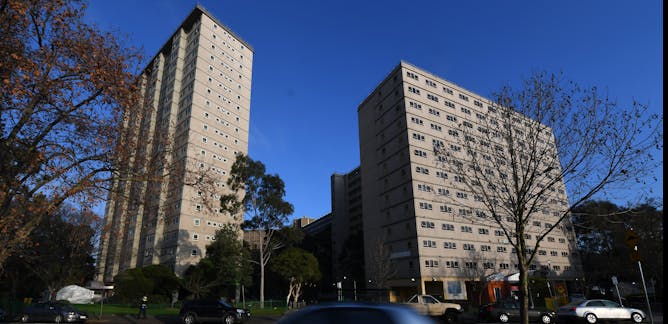
Thea van de Mortel, Griffith University
What we understand about how COVID-19 spreads should be the basis for infection control procedures during any lockdown of a residential tower.
| |
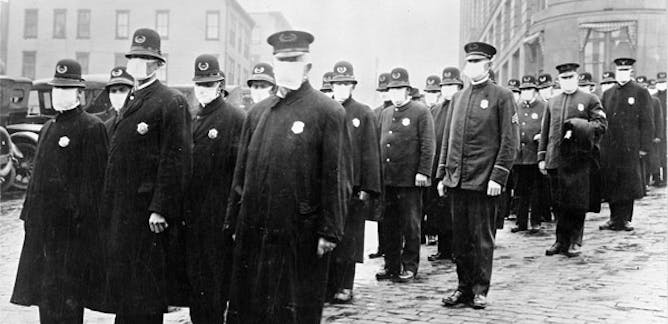
J. Alexander Navarro, University of Michigan
As the US battled the 1918 influenza pandemic, some communities staged contentious battles against wearing masks. Sound familiar?
|

Paul Burke, Crawford School of Public Policy, Australian National University; Frank Jotzo, Australian National University; Rohan Best, Macquarie University
Having a carbon price is linked to lower emissions growth. A larger price cuts emissions by more.
| |

Polly Hayes, University of Westminster
The evidence suggests the novel coronavirus evolved naturally.
|
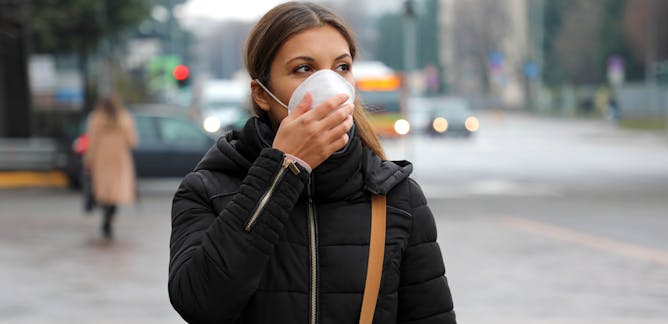
Matt Cole, University of Birmingham; Ceren Ozgen, University of Birmingham; Eric Strobl, Université de Berne
Even accounting for factors like age and population density, the role of air pollution in explaining the spread of COVID-19 cases is compelling.
| |

Norma Dunning, University of Alberta
In the wake of protests about systemic racism, sports teams are under increased pressure to lose their racist nicknames. An Inuit scholar calls on the Edmonton Eskimos to do the right thing.
|
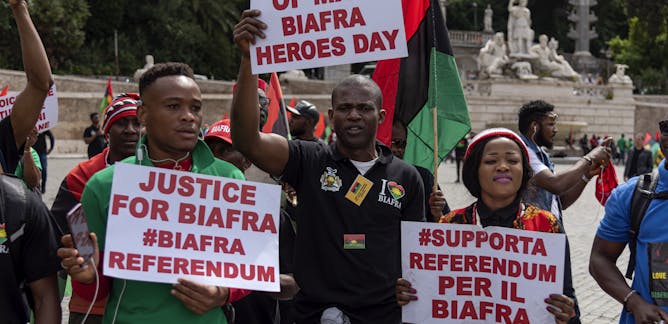
Richard Bean, The University of Queensland; Frode Weierud, CERN; George Lasry, University of Kassel
Fifty years after the Biafran civil war in Nigeria, the efforts of secessionist diplomats have recently come to light through the decryption of telexes sent from Portugal to Biafra during the war.
| |
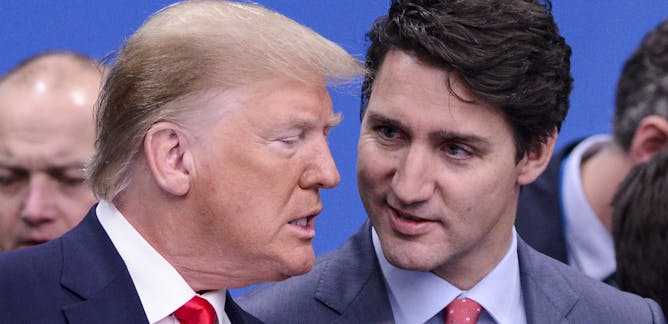
Anthony Bonato, Ryerson University; Alex Nazareth, Ryerson University
A tale of two leaders on Twitter in the age of COVID-19.
|
|
|
| |
| |
| |
| |
| |
| |
|
|
|
|
|
|
|